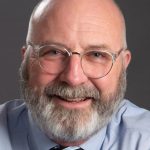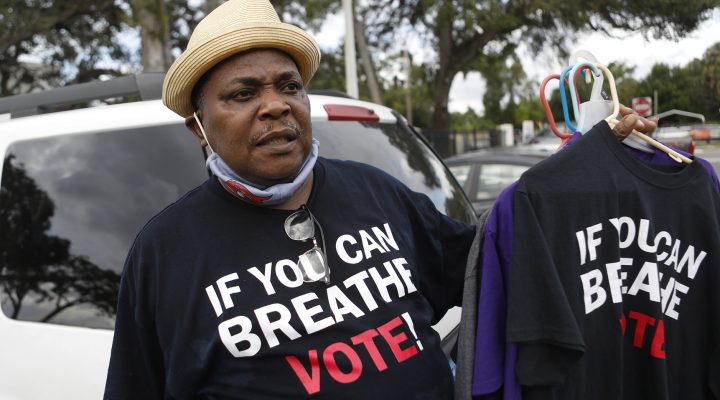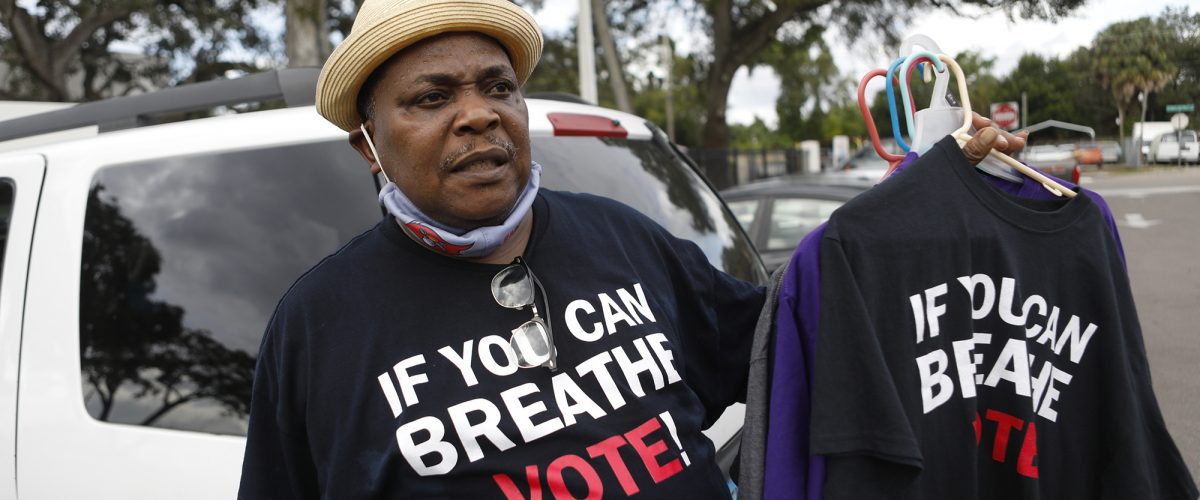Tim O’Hare has taken limited government to a new self-defeating level.
The Tarrant County, Texas, county judge (chief executive of the county government) declared last week: “I don’t believe it’s the county government’s responsibility to try to get more people out to the polls. It’s the responsibility of candidates, it’s the responsibility of political parties, it’s the responsibility of political groups.”
That’s like saying it’s not the grocery store’s responsibility to get people to shop there; all the work of drawing in customers should come from the vendors and farmers and manufacturers.
Yet this is the absurdity that passes for ultraconservative governance today — driven by an independent philosophy that really doesn’t want people to vote anyway. Because all the data show that increased voter turnout seldom favors conservative Republicans. But in Texas, as in many other places across the South, conservatives have maintained control by gerrymandering and voter suppression.

Map produced by KXAN TV (https://www.kxan.com/news/your-local-election-hq/these-are-the-reddest-and-bluest-counties-in-texas-based-on-recent-election-results/)
Texas makes an interesting case study in the demographic politics of our time. In the past decade, all the major urban areas of Texas have turned blue — except Tarrant County, which is the western part of the Dallas-Fort Worth Metroplex. All up and down the I-35 corridor, from Dallas to Austin to San Antonio to Houston, county and city governments are controlled by Democrats today — in defiance of the staunchly Republican state government.
If the largest metro areas in Texas were separated from the rural areas and smaller cities of East Texas and West Texas, it would be one of the strongest Democratic states in the union. But for now, every statewide election is a battle between these two geographic forces.
We should not be surprised that state officials have gone after Harris County (Houston) for making it easier to vote. And we should not be surprised that O’Hare doesn’t want Tarrant County making it easier for residents of Fort Worth to get to the polls. From 2019 through 2023, anyone in Fort Worth could get a free ride to a polling place.
That free ride service was to be expanded to all of Tarrant County for the current primary election season. But O’Hare led county commissioners to reject the plan on a party-line vote.
“’Small section of the county’ is no doubt code language for poor people and people of color.”
Commissioner Manny Ramirez, who sided with O’Hare, said the ride program benefited a small section of the county, according to local radio station KERA. “Small section of the county” is no doubt code language for poor people and people of color. You can do the math to see what that means.
There is a bipartisan solution to this problem, however. Getting voters to the polls really could be an easy fix.
Predominantly white churches need to learn a lesson from the Black church, which has been active in getting people to the polls for decades. That’s because the Black church sees social justice as true religion and voting as a Christian responsibility.
Offering rides to polling places is something any church can do, and it’s not a partisan activity. No one needs to know how a person will vote in order to help them be able to vote.
And imagine the goodwill that could be generated if churches were seen as serving their communities rather than condemning them. Imagine the conversations that could be had on those rides, the friendships that could be made, the love of God shared.
In parts of the Black church, this work is known as “Souls to the Polls.” That’s language that could be used anywhere by any church to do the Spirit-filled work of building community and loving our neighbors as ourselves.

Mark Wingfield
Mark Wingfield serves as executive director and publisher of Baptist News Global. He is the author of Honestly: Telling the Truth About the Bible and Ourselves and Why Churches Need to Talk About Sexuality.


